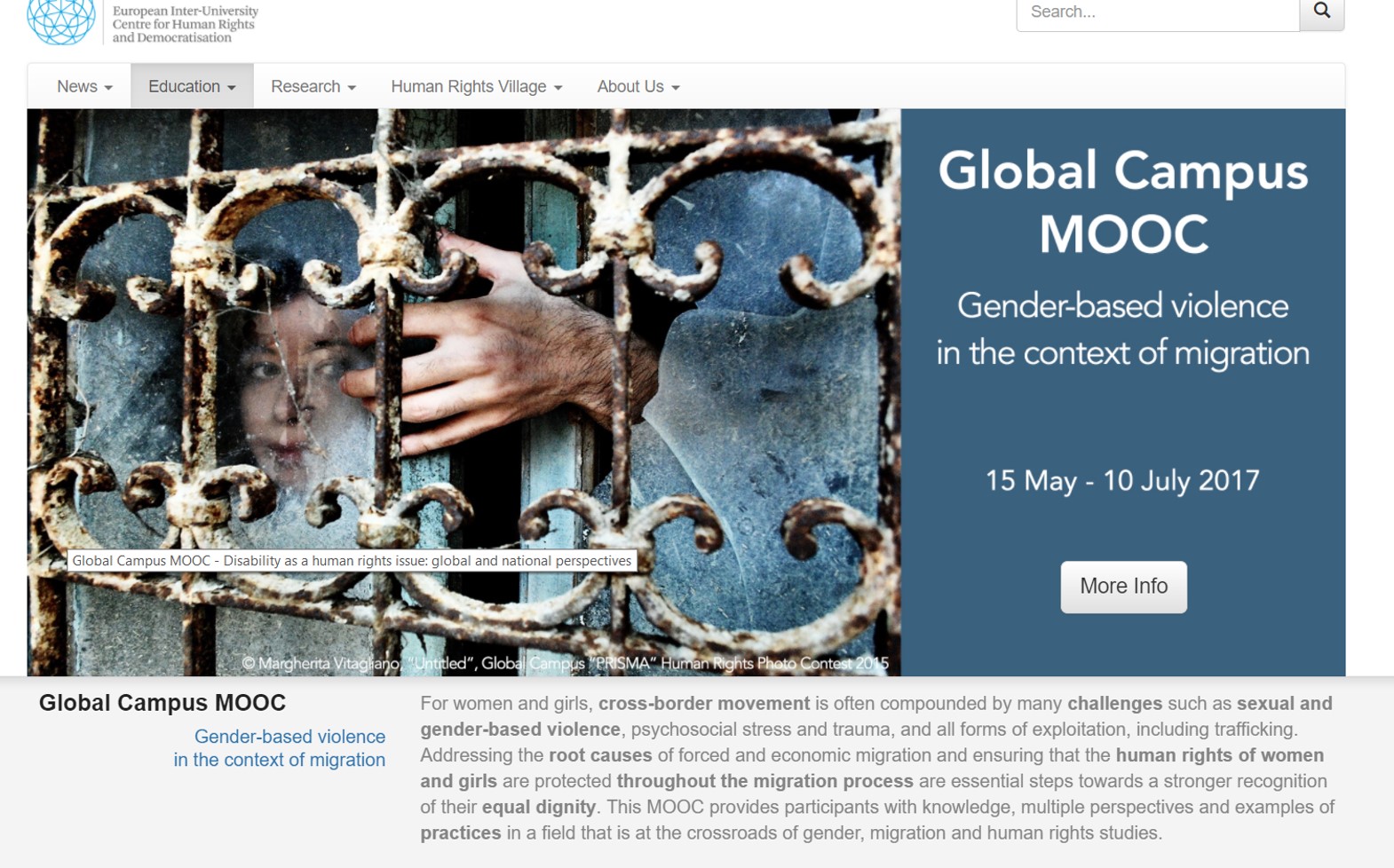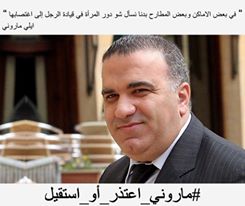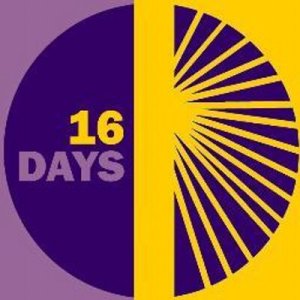“THE CONTEXT
Amnesty International has embarked on a global transition programme to ensure a more impactful and truly global presence for the movement. A movement that acts with greater legitimacy, speed, capacity and relevance as we stand alongside those whose rights are violated. We are adapting to a changing world by building on Amnesty International’s 50+ years of ground-breaking achievements for justice and freedom. We believe that by deepening our work in new global offices, including in the global South, we will be even more in line with our mission and core values. Our activists and staff around the world will have increased direct and indirect contact with defenders, partners and human rights violations in different parts of the world with our IS staff “closer to the ground”. As we build significant membership in the South, we will see international solidarity and democratic decision-making in full bloom.
In the past two years we have opened Regional Offices in Dakar, Nairobi, Johannesburg, Hong Kong and Mexico City – and now we are expanding our presence further. Over the next year we will establish new operations in Bangkok, Tunis, Beirut with other locations to come.
ABOUT THE BEIRUT REGIONAL DIRECTOR ROLE
Our Beirut office will tackle a host of diverse human rights issues in the region. As Regional Director and leader of our presence in the region, we will look to you to develop and adapt our global strategies within the region. You will lead a multifunctional team to develop and deliver effective research, campaigns, communications, growth and fundraising plans. So you will need to create a culture of collaboration and integration as you establish the office, support your staff and take accountability for managing resources and increasing the impact of our work. At the same time, you will be guaranteeing that your team retain all that is distinctive about Amnesty including our values & beliefs, our global identity, coherence and consistency, our independence and impartiality and the centrality of the individual.
ABOUT YOU
A politically astute, experienced, inspirational and resilient leader, you will bring your expert knowledge and experience as a leader capable of influencing the direction of Amnesty International’s impact within the region. You will have a sound knowledge of regional political and social contexts that comes from living and working in the region; with knowledge of international human rights law and regional human rights frameworks you will have a balance with your awareness of membership and constituency building, fundraising and media visibility within the region. You’ll be a strategic thinker who can create plans, manage staff directly and in a global matrix, allocate resources and maintain a strong network of government, NGO and media contacts. So you’ll have the communication, presentation and advocacy skills needed to represent AI to a variety of audiences, along with the credibility to influence them and effect positive change.
ABOUT US
Amnesty International is a global movement of more than 7 million people who campaign for a world where human rights are enjoyed by all. We reach almost every country in the world and have:
- more than 2 million members and supporters who drive forward our fight for rights
- more than 5 million activists who strengthen our calls for justice
Our aim is simple: an end to human rights abuses. Independent, international and influential, we campaign for justice, fairness, freedom and truth wherever they’re denied. And whether we’re applying pressure through powerful research or direct lobbying, mass demonstrations or online campaigning, we’re all inspired by hope for a better world. One where human rights are respected and protected by everyone, everywhere. We can only do this because of the generous donations from millions of people around the world.
FREEDOM, JUSTICE, EQUALITY – LET’S GET TO WORK.
LE CONTEXTE
Amnesty International s’est engagée dans un programme mondial de transition, afin d’assurer une présence plus efficace et véritablement mondiale du mouvement. Un mouvement qui a renforcé sa légitimité, sa rapidité, sa capacité et la pertinence de ses actions auprès des victimes de violations des droits humains. Amnesty International s’adapte à un monde en évolution en s’appuyant sur plus de 50 ans d’avancées majeures en faveur de la justice et de la liberté. Nous sommes convaincus qu’en accentuant notre travail dans de nouveaux bureaux à travers le monde, notamment dans les pays du Sud mondial, nous serons encore davantage en accord avec notre mission et nos valeurs fondamentales. Partout dans le monde, avec un personnel du SI « plus près de terrain », nos militants et les membres de nos équipes auront davantage de contacts directs et indirects avec les défenseurs des droits humains, avec nos partenaires et avec les personnes qui ont été victimes d’atteintes à leurs droits fondamentaux. En recrutant dans les pays du Sud un nombre significatif de membres, nous verrons s’épanouir la solidarité internationale et les processus décisionnels démocratiques.
Lors des deux dernières années, nous avons ouvert des bureaux régionaux à Dakar, Nairobi, Johannesburg, Hong Kong et Mexico – et nous continuons d’étendre notre présence. Au cours des prochaines années, nous mènerons de nouvelles actions à Bangkok, Tunis, Beyrouth et dans d’autres endroits à venir.
RÔLEDU DIRECTEUR RÉGIONAL DE BEYROUTH
Notre bureau de Beyrouth se focalisera sur de nombreuses questions liées aux droits humains dans la région. En tant que directeur ou directrice régional-e et responsable de notre mouvement dans la région, nous compterons sur vous pour développer et adapter nos stratégies mondiales dans la région. Vous dirigerez une équipe multidisciplinaire dans le but d’élaborer et de réaliser des travaux de recherche efficaces, des campagnes, des communications ainsi que des plans de croissance et de collecte de fonds. Lors de la mise en place du bureau, vous devrez donc développer une culture de collaboration et d’intégration, et soutenir votre équipe. Vous serez responsable de la gestion des ressources et de la maximisation de notre impact. Dans le même temps, vous veillerez à ce que votre équipe ne perde pas de vue les caractéristiques propres d’Amnesty, notamment nos valeurs et nos convictions, notre identité mondiale, notre cohérence et notre constance, notre indépendance, notre impartialité et le caractère central que nous conférons à l’individu.
VOTRE PROFIL
Avec l’intelligence politique qui est la vôtre, avec votre expérience, votre caractère mobilisateur et votre résistance, vous tirerez profit de votre expertise et de vos compétences à la tête d’une équipe pour accroître l’impact d’Amnesty International dans la région. Vous disposez d’une solide connaissance du contexte politique et social de la région, acquise en vivant et en travaillant sur place. Vous êtes au fait du droit international en matière de droits humains et des cadres régionaux relatifs aux droits humains. Vous faites également preuve de connaissances en matière de recrutement de membres, de recherche de soutiens, de collecte de fonds et de visibilité médiatique dans la région. Vous avez des capacités de réflexion stratégique et êtes capable d’élaborer des plans, de gérer une équipe tant directement que dans le cadre d’une structure mondiale, de répartir des ressources et d’entretenir un solide réseau de contacts au sein du gouvernement, d’ONG et des médias. Vous disposez donc des compétences nécessaires en matière de communication, de présentation et de travail de pression pour représenter Amnesty International auprès de publics variés. Vous jouissez également de la crédibilité suffisante pour avoir une influence sur ces publics et les orienter vers un changement positif.
À PROPOS DE NOUS
Amnesty International est un mouvement mondial réunissant plus de sept millions de personnes qui agissent pour que les droits fondamentaux de chaque individu soient respectés. Nous touchons presque tous les pays du monde et nous comptons :
- plus de 2 millions de membres et sympathisants qui font avancer notre lutte en faveur des droits
- plus de 5 millions de militants qui renforcent nos appels à la justice
Notre objectif est simple : mettre fin aux violations des droits humains. Indépendante, internationale et influente, notre organisation se bat pour la justice, l’équité, la liberté et la vérité partout où elles sont bafouées. Que nous nous engagions en menant d’importantes recherches, par un travail de pression directe, en organisant des manifestations de masse ou des campagnes en ligne, nous sommes tous poussés par l’espoir d’un monde meilleur. Un monde où les droits humains seraient respectés et protégés par tous et partout. Notre travail n’est rendu possible que par les dons généreux de millions de personnes dans le monde.
LIBERTÉ, JUSTICE, ÉGALITÉ – METTONS-NOUS AU TRAVAIL.
شرعت منظمة العفو الدولية في تنفيذ برنامج انتقالي عالمي يهدف إلى ضمان أن تصبح المنظمة حركة ذات حضور عالمي حقيقي وأكثر تأثيراً، حركة تعمل بمشروعية وسرعة وقدرة أكبر وأكثر ملاءمة للواقع، وهي تقف إلى جانب الذين تُنتهك حقوقهم. إننا نتكيف مع عالم متغير عن طريق البناء على المنجزات المبتكرة التي حققتها منظمة العفو الدولية على مدى 50 عاماً ونيِّف من أجل العدالة والحرية. ونعتقد أننا بتعميق عملنا في مكاتب عالمية جديدة، بما فيها بلدان الجنوب، سنكون أكثر اتساقاً مع رسالتنا وقيمنا الأساسية. وسيكون نشطاء المنظمة وموظفوها حول العالم على صلة مباشرة وغير مباشرة، وعلى نحو متزايد، مع المدافعين عن حقوق الإنسان والشركاء وضحايا انتهاكات حقوق الإنسان في مختلف بلدان العالم، وسيكون موظفونا في الأمانة الدولية “أكثر قرباً من الميدان”. ومع بناء عضوية كبيرة في بلدان الجنوب، سنشهد ازدهاراً كاملاً للتضامن الأممي وصنع القرار الديمقراطي
وقد أنشأنا في السنتين الماضيتين مكاتب إقليمية في كل من داكار ونيروبي وجوهانسبرغ وهونغ كونغ ومدينة المكسيك- ونحن نقوم الآن بتوسيع حضورنا العالمي أكثر فأكثر. وخلال السنتين القادمتين سنقوم بإنشاء مواقع عمل جديدة في بانكوك وتونس وبيروت، مع مواقع أخرى في المستقبل.
ما يتعلق بدور المدير الإقليمي في بيروت
سوف يتعامل مكتبنا في بيروت مع طائفة متنوعة من قضايا حقوق الإنسان في المنطقة. ونحن نتوقع منك، كمدير إقليمي وكقائد لعملية تواجد المنظمة في المنطقة، أن تقوم بتطوير وتكييف استراتيجياتنا العالمية في المنطقة؛ وأن تتولى قيادة فريق متعدد الوظائف يضطلع بوضع وتنفيذ الخطط الخاصة بالبحوث والحملات والاتصالات والنمو وجمع الأموال. ولذا ينبغي أن تعمل على خلق ثقافة تعاون وتكامل أثناء تأسيس المكتب، ودعم موظفي المكتب، وتحمُّل المسؤولية عن إدارة الموارد، وزيادة تأثير عملنا. وفي الوقت نفسه، ينبغي ضمان أن يحافظ فريقك على كل ما هو مميَّز لدى منظمة العفو الدولية، بما في ذلك قيمها ومعتقداتها وهويتها العالمية وتماسكها واتساقها واستقلالها وحيدتها ومركزية الفرد بالنسبة لها.
ما يتعلق بك
إننا نتوقع منك، كقائد يتسم بالحصافة السياسية والخبرة والإلهام والمثابرة، أن تحمل معك معارفك وخبراتك وتجاربك كقائد قادر على توجيه تأثير منظمة العفو الدولية في المنطقة؛ وأن تتمتع بمعرفة رصينة بالأوضاع السياسية والاجتماعية الإقليمية المستمدة من العيش والعمل في المنطقة. وبتمتعك بمعرفة القانون الدولي لحقوق الإنسان والأطر الإقليمية لحقوق الإنسان، يمكنك خلق توازن مع وعيك ببناء العضوية وقواعد المؤازرين وجمع الأموال والحضور المرئي في وسائل الإعلام. والمطلوب أن تكون مفكراً استراتيجياً قادراً على وضع الخطط، وإدارة الموظفين بشكل مباشر، وضمن منظومة عالمية، وتخصيص الموارد، والاحتفاظ بشبكة قوية من الصِلات مع الحكومات والمنظمات غير الحكومية ووسائل الإعلام. وعليه ينبغي التمتع بمهارات الاتصال والتقديم والعمل الدعوي الضرورية لتمثيل منظمة العفو الدولية أمام جمهور متنوع، إلى جانب التحلي بالصدقية اللازمة للتأثير عليهم وإحداث تغيير إيجابي.
ما يتعلق بنا/ من نحن
منظمة العفو الدولية حركة عالمية تضم ما يزيد على 7 ملايين عضو ومؤازر وناشط يناضلون من أجل عالم يتمتع فيه جميع البشر بجميع حقوق الإنسان. وتصل المنظمة إلى كل بلد من بلدان العالم تقريبا، وتتألف من:
- أكثر من 2 مليون عضو ومؤازر يقومون بدفع نضالنا من أجل الحقوق إلى لأمام،
- أكثر من 5 ملايين ناشط يعززون دعواتنا من أجل تحقيق العدالة.
وهدفنا بسيط: وضع حد لانتهاكات حقوق الإنسان. وبصفتها منظمة مستقلة ودولية ومؤثرة، فإنها تناضل من أجل العدالة والمساواة والحرية والحقيقة حيثما يجري الحرمان منها. وسواءً كنا نمارس ضغوطاً من خلال البحوث القوية أو كسب التأييد، بواسطة المظاهرات الجماهيرية أو الحملات عبر الانترنت، فإننا جميعاً يحدونا الأمل في عالم أفضل، عالم تحظى فيه حقوق الإنسان بالاحترام والحماية من قبل كل شخص في كل مكان. ولا يمكننا أن نفعل ذلك بدون التبرعات السخية لملايين الأشخاص من سائر أنحاء العالم.
حرية، عدالة، مساواة- هيَّا إلى العمل.
there is no salary salary scale for this post 😦 here r the details they give :
good luck for all!!
Rita Chemaly
https://careers.amnesty.org/vacancy/regional-director—mena—
beirut-office-1388/1414/description/Here is the source:



















